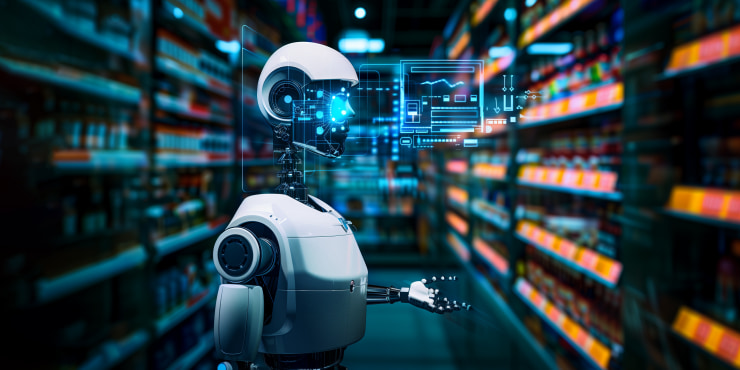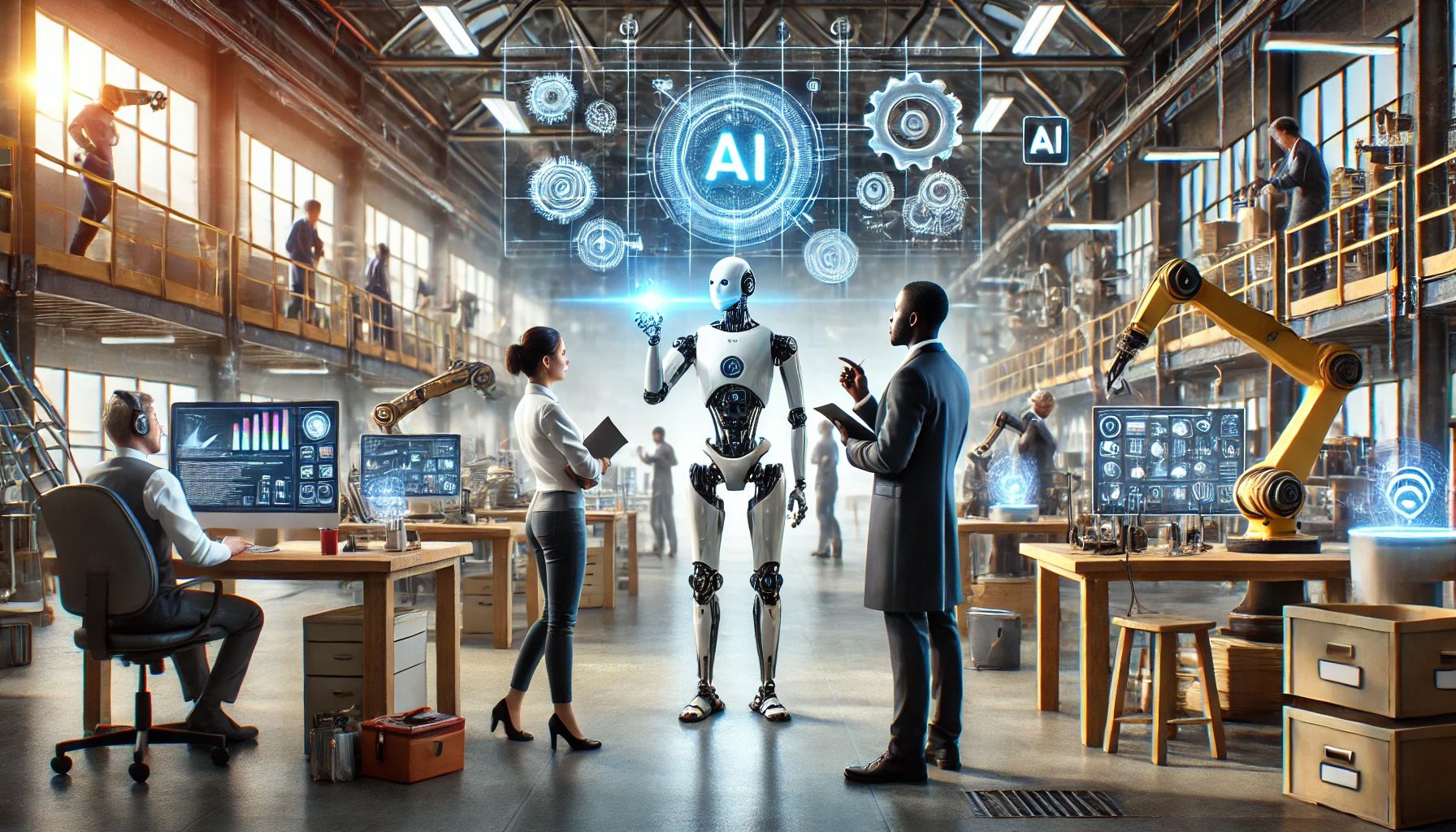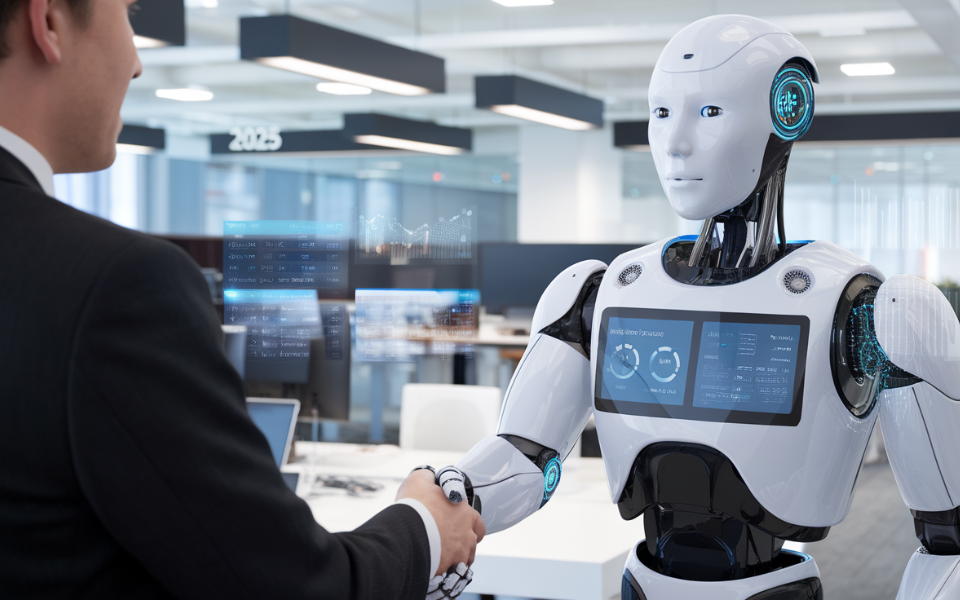Artificial Intelligence (AI) is revolutionizing the retail industry, offering retailers powerful tools to enhance customer experiences, streamline operations, and boost profitability. From personalized shopping to smart inventory management, recent breakthroughs in AI are reshaping how businesses operate and how consumers engage with brands.
What Is the Role of AI in Retail?
AI in retail involves using machine learning, data analytics, computer vision, and natural language processing to automate tasks, gain insights, and improve decision-making. These technologies are not only optimizing traditional retail processes but also driving innovation across online and in-store experiences.
Key Breakthroughs in AI and Retail
Personalized Customer Experiences
AI algorithms analyze customer behavior, preferences, and purchase history to deliver highly personalized product recommendations and promotions. This level of customization helps retailers increase customer satisfaction, loyalty, and sales.
Visual Search and Virtual Try-Ons
Computer vision and augmented reality (AR) powered by AI are changing how customers shop. Visual search allows users to upload an image and find similar products instantly. Virtual try-ons enable shoppers to see how clothing, makeup, or accessories will look on them—bridging the gap between physical and online retail.
Smart Inventory Management
AI models help retailers predict demand, optimize stock levels, and reduce overstock or stockouts. Predictive analytics enables more accurate forecasting, allowing for just-in-time inventory and improved supply chain efficiency.
Dynamic Pricing and Promotions
AI can analyze competitor pricing, market trends, and customer data to adjust prices in real-time. This ensures competitive pricing while maximizing profit margins and adapting to seasonal or demand-driven changes.
AI-Powered Chatbots and Customer Support
Natural language processing has enabled chatbots to become more intuitive and helpful. These AI-driven assistants provide 24/7 support, answer product questions, and even assist with order tracking—enhancing customer service without increasing human workload.
Fraud Detection and Security
AI systems detect unusual purchase patterns and flag potentially fraudulent transactions in real time. This enhances consumer trust and helps retailers prevent losses due to fraud.
In-Store Automation and Smart Checkout
From cashier-less stores to AI-assisted self-checkouts, automation is reducing friction in physical retail spaces. Smart cameras and sensors powered by AI enable seamless shopping experiences with minimal human intervention.
Considerations and Challenges
While AI brings major advances, retailers must also consider:
- Data Privacy: Safeguarding customer information is critical as AI systems rely heavily on personal data.
- Bias and Fairness: Ensuring AI algorithms do not unintentionally discriminate or exclude certain consumer groups.
- Human-AI Balance: AI should enhance, not replace, the human touch that builds brand trust and loyalty.
Conclusion
Breakthroughs in AI are transforming retail from product discovery to post-purchase engagement. By leveraging AI technologies responsibly, retailers can offer smarter, faster, and more personalized experiences that meet the expectations of modern consumers. As innovation continues, the retailers that embrace AI today are poised to lead the industry into a more efficient and customer-centric future.







Leave feedback about this